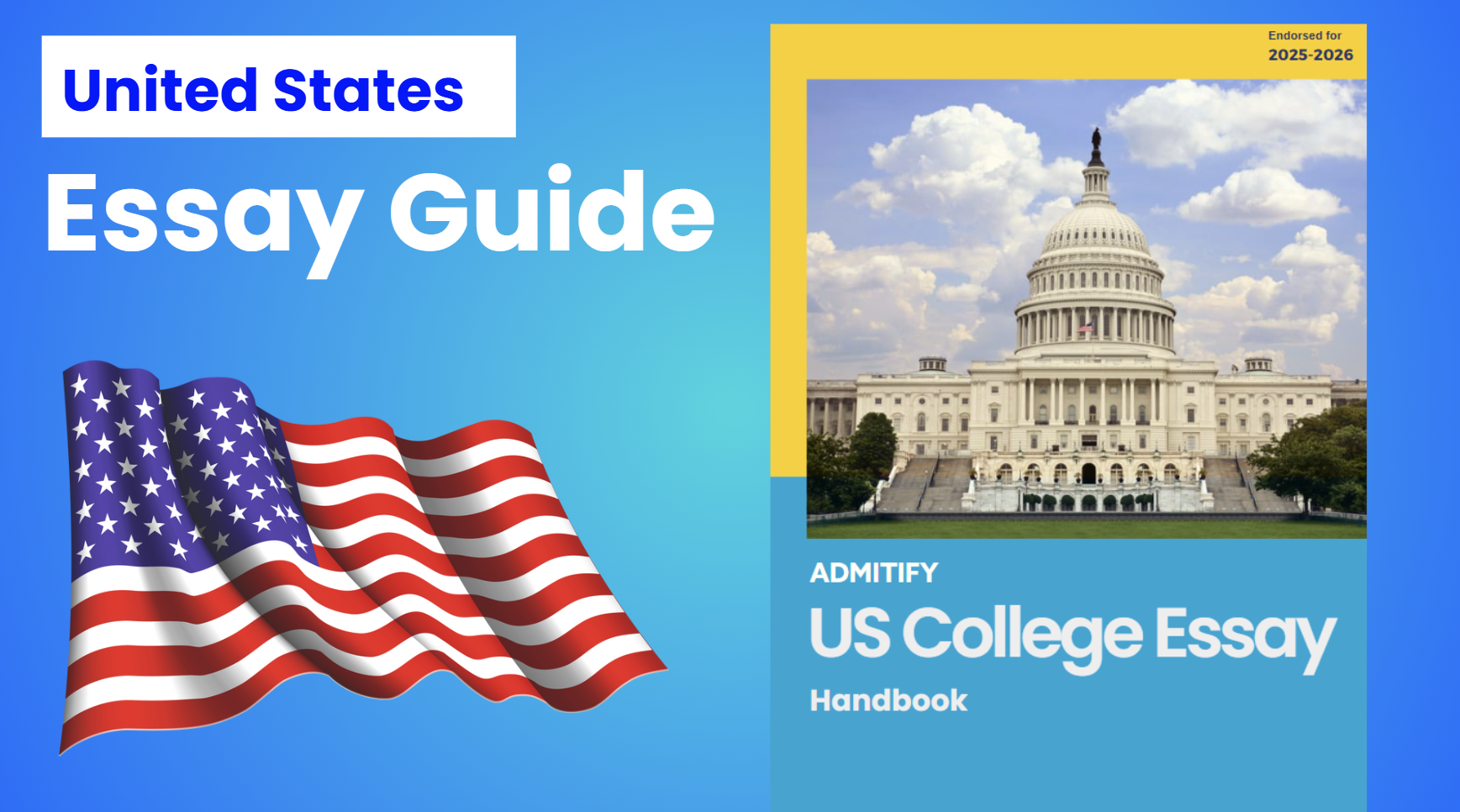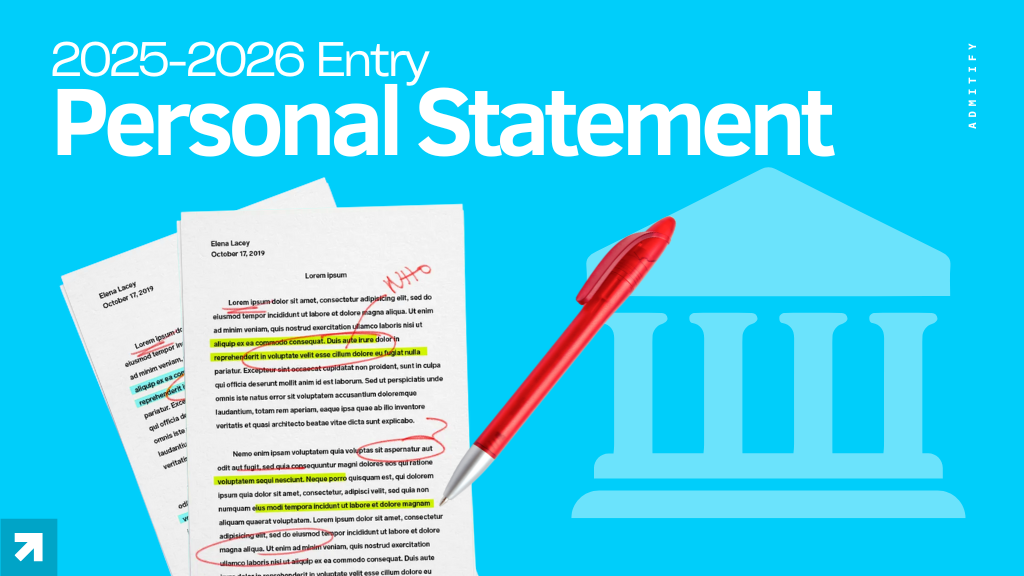Big Changes to the UCAS Personal Statement – What You Need to Know for 2026 Entry
If you’re applying to UK universities for courses starting in autumn 2026, your UCAS personal statement will look very different. The old free-text format (up to 4,000 characters) is being replaced by three structured questions worth 4000 characters in total. But don’t worry – the goal is to make things easier and clearer.
Here’s what you need to know.
What Is the Personal Statement For?
Your personal statement helps universities understand:
-
Why you want to study your chosen course.
-
Why you’re a good fit for it.
-
What you’ve done – in and outside the classroom – to prepare.
It’s called “personal,” but the focus should be mainly academic (especially for traditional or competitive courses). If you’re applying for something vocational, like medicine or law, relevant experience also matters.
What’s Changing?
From 2026 onwards, the statement will have three questions, each with a character count minimum (350 characters) and a shared total max (4,000 characters). The questions are:
To make it easier for you to understand we broke them down by categories:
-
Why do you want to study this course or subject?
-
How have your studies helped you prepare?
-
What have you done outside of school to get ready, and why is it useful?
You don’t have to worry about fitting things perfectly into each section – just avoid repeating the same examples.
How to Tackle Each Question
1. Why This Course?
Skip the clichés (“I’ve always been passionate…”). Instead:
-
Mention what sparked your interest.
-
Talk about books, podcasts, lectures, documentaries, or visits that deepened your curiosity.
-
Reflect – don’t just list.
-
If you have career plans, add them here.
2. How Have Your Studies Helped?
Here’s your chance to show how school or formal learning has prepared you:
-
Link subjects or topics you’ve studied to the course.
-
Mention independent learning like MOOCs, EPQs, or summer schools.
-
Highlight relevant skills – writing, research, lab work, problem solving, etc.
3. What Else Have You Done to Prepare?
Think outside the classroom:
-
Work experience or volunteering (especially important for vocational courses).
-
Extracurriculars, hobbies, or responsibilities – but only if they relate to your course (Supercurriculars).
-
Avoid listing everything. Focus on relevance and skills gained.
Final Tips
-
Tailor your content to match topics shared across your course choices.
-
For joint or interdisciplinary degrees, cover both/all subjects clearly.
-
You still only submit one statement – make sure it works for all your choices.
-
Admissions staff will read quickly – often for under 2 minutes. Make it clear, specific, and well-organized.
The new format is meant to help you focus your ideas and avoid blank-page panic. If you plan carefully, reflect honestly, and connect your experiences to your subject, you’ll stand out.
Looking for examples and more tips? Check out the official UCAS 2026 Personal Statement Guide.



